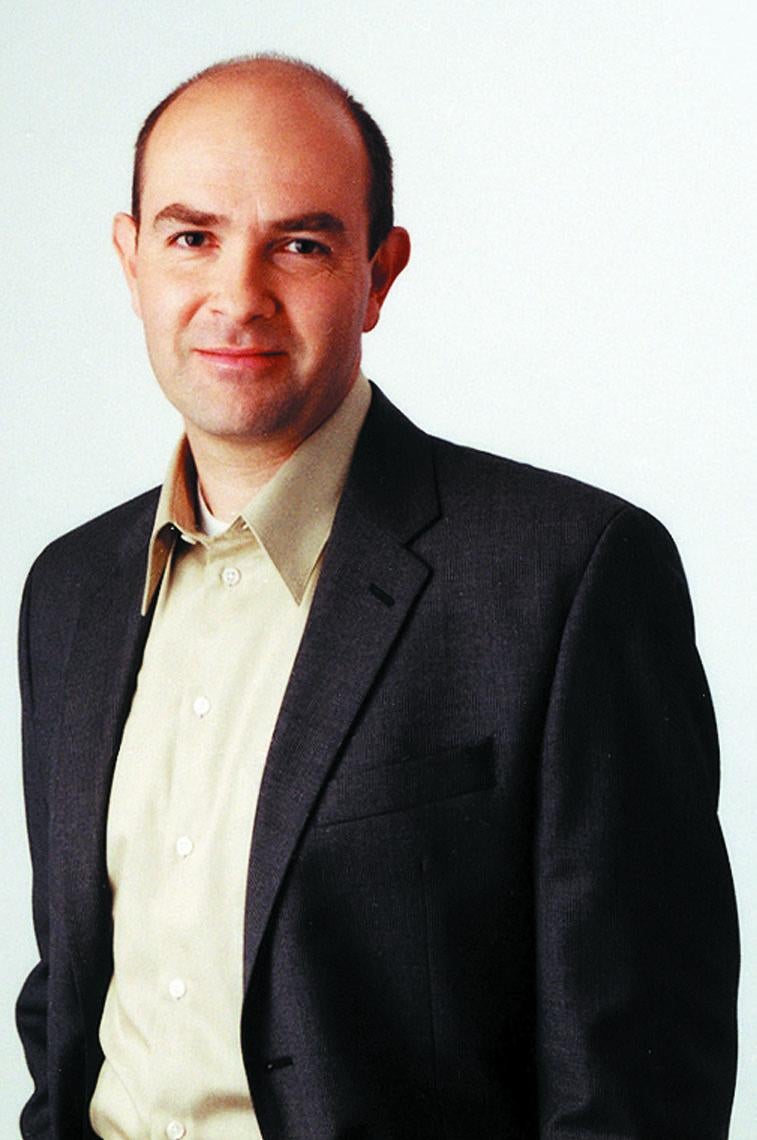
Just what planet does Chris Anderson live on? Iif his recent interview with German magazine Spiegel (hat-tip Greenslade) is anything to go by, his planet is likely to be a version where visionaries like him aren’t bothered by answering annoying ‘questions’ like those his interviewer had the temerity to ask.
This is how the interview with the US editor of Wired magazine starts:
SPIEGEL: Mr. Anderson, let’s talk about the future of journalism.
Anderson: This is going to be a very annoying interview. I don’t use the word journalism.
And he doesn’t appear to hold the way the billions of people across the planet gather important information in terribly high regard:
SPIEGEL: Okay, how about newspapers? They are in deep trouble both in the United States and worldwide.
Anderson: Sorry, I don’t use the word media. I don’t use the word news. I don’t think that those words mean anything anymore. They defined publishing in the 20th century. Today, they are a barrier. They are standing in our way, like ‘horseless carriage’.
SPIEGEL: Which other words would you use?
Anderson: There are no other words. We’re in one of those strange eras where the words of the last century don’t have meaning. What does news mean to you, when the vast majority of news is created by amateurs? Is news coming from a newspaper, or a news group or a friend? I just cannot come up with a definition for those words. Here at Wired, we stopped using them.
Stopped using them. No other words. Get you, Mr Anderson. But of course if he’s stopped using the words ‘journalism’ or ‘media’ or ‘news’ it must have been a very recent decision because he’s been rather keen to use them in the not too distant past – he even uses the word ‘media’ in the De Spiegel interview in a context other than saying he doesn’t use the word.
Pompous guff aside, Anderson has a vision of how we may gather information in the future which might not be a million miles off the mark – however his seeming aloofness makes all he has to say unpalatable and more than a touch silly (what about the growth newspaper sectors like India where most aren’t connected to Facebook, IM, Twitter or RSS?).
Here at Press Gazette it remains an unfortunate necessity for us to use those words – old hat as they may be – but we are not philistines and are willing to move with the times and think up some better definitions for the moribund tasks we busy ourselves with everyday.
We’ve come up with some new definitions of the old trade for use in Anderson’s brave new world:
- Journalist: Costly dissemination unit for real time event information delivery (phasing out)
- Newspaper: Specialist book of general information (more than 144 characters) used during toilet breaks when mobile internet signal is low
- Work experience bods: Economic bedrock
- Journalism: Awful business that gets in the way of a good day’s cricket (In fact, why am I wasting my time here when there’s a test mat…)
If you have any better definitions, feel free to leave them in the comments box below.
Email pged@pressgazette.co.uk to point out mistakes, provide story tips or send in a letter for publication on our "Letters Page" blog
